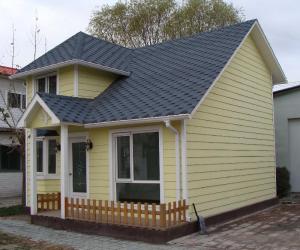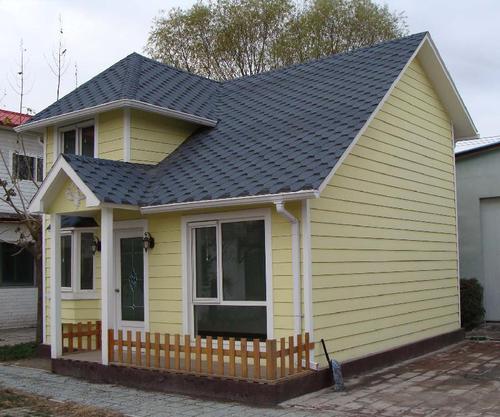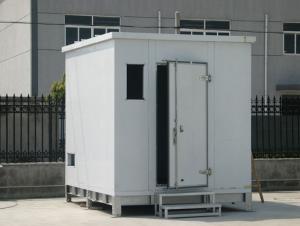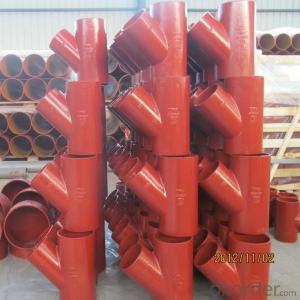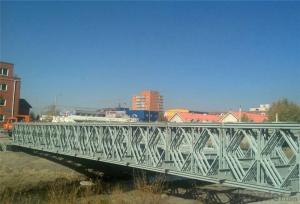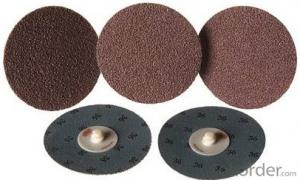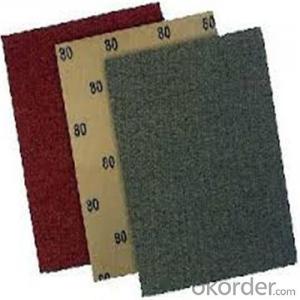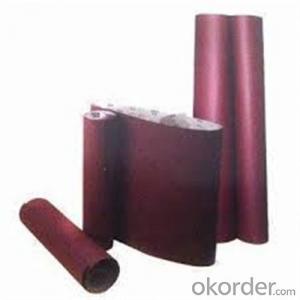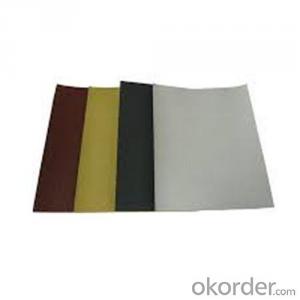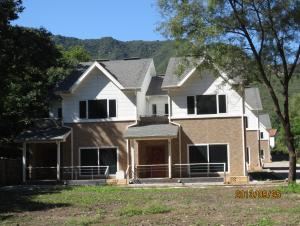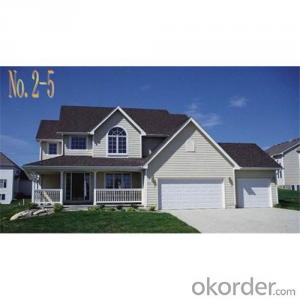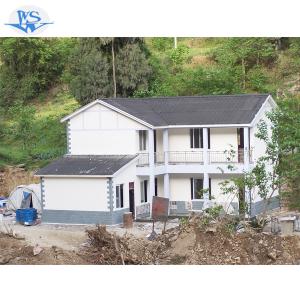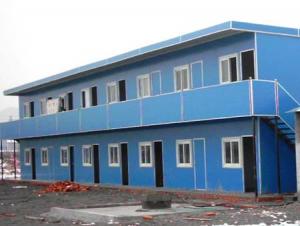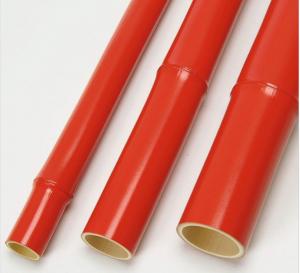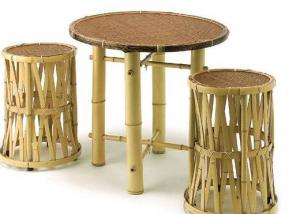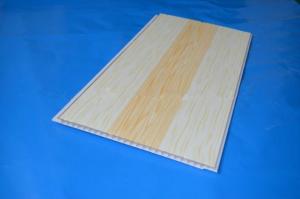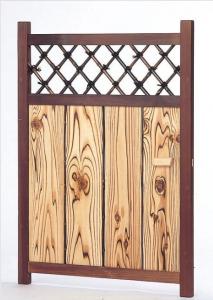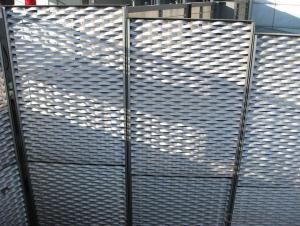Economical prefab villa
- Loading Port:
- China Main Port
- Payment Terms:
- TT OR LC
- Min Order Qty:
- -
- Supply Capability:
- -
OKorder Service Pledge
OKorder Financial Service
You Might Also Like
The main material of light steel villa is light steel keel synthesized by hot dip galvanized steel with cold rolling technology. Through precise calculation, it proves to have rational carrying capacity with support from auxiliary, to replace the traditional houses.
Light steel villa with light thin wall steel galvanized material as a structural framework, combined with various kinds of veneer decorative plate outside.The overall weight is lighter, for earthquake has the obvious effect.Because the material weight is small, the material consumption is relatively reduced, thus reducing the construction cost.Because most of the basic material made of steel materials can be recycled, is a very good energy saving and environmentally friendly homes.
Features:
● High degree of mechanization and commercialization
● Short construction period.
● The recyclable material is conducive to sustainable development.
● Due to the light weight, it has good seismic performance, which is preferred by seismic structure area countries.
● The comprehensive economic index is not higher than the reinforced concrete structure.
● Compared to brick concrete residential, it can effectively avoid the waste of resources by baking bricks.
● Due to the small thickness of wall, it can increase the efficiency of space use.
- Q: I live in the state of Texas and am working at getting my real estate sales license. I was looking at the TREC website of approve schools and the exam passage rates
- Allied Schools
- Q: I am leaving Los Angeles and moving back to Las Vegas after the first of the year..I cannot handle how much it costs to live here....I want to go to a real estate school in Las Vegas....does anyone have any suggestions?? Thanks!!
- Yea...don't get into real estate. I got my license a two years ago, and finally let it expire. It will cost you at least $1500 to get it. Then you have to pay office fees and a commission split. Everyone knows at least 2 or 3 real estate agents. Factor in a declining, slow housing market, and you will be eating Top Ramon and PB&J. If you coming to Vegas, get on with a big casino, work in one of the many non-casino related industries. Check out craigslist job postings. You don't have to be a dealer, waitress, or real estate agent, there are other good paying jobs here. By all means, if that is what you want, go for it. Just be ready for a rough start. At last count, there were over 19,000 real estate agents in Nevada...do I need to tell you where 75% of them live and work? To comment on the below person's post. Yea, you can take an online course for $350, but you will then have to take your test which is about $100-$120 then you have to pay your dues for MLS, GLVAR, and NAR. I had to write a check out for $1200 once I passed my test.
- Q: What do you think is the future for California and the real estate market?The cost of a 800 sq. ft. home is now over 300k.What do you think holds for lets say 10 years from now?
- As for the future CA real estate, I think it will rebound eventually. This would be the best time to buy, imo.
- Q: watspn realty has a course for about 3 weeks.. around 300 dollars.. the local community college has a course for 2 yr.. will cost a lot more.. which would be better and why would a real estate company offer one for only a fraction of the time and cost as the school would.. what to agents make
- A Realtor generally works for a real estate company. The real estate company watspn realty will make money if you go work for them. There may be a contract to sign if you go in there course. They will advertise their company to you as you attend the course. I am not in real estate so you should go talk to someone who is in real estate. If you want to be wealthy, talk to someone who became wealthy from real estate. They are more approachable than you think. I would go with the course and start selling right away. By the time you finish your college course, you will be 2 years ahead financially and have more practical experience. Donald Trump says now is the time to get into real estate. You can be a real estate agent or you can buy and sell homes like an investor. Investors have a higher risk and also make more money.
- Q: For a task in English we had to pick a 1 job out of 12 I chose real estate and now the teacher wants us to write a speech explaining why we chose the job that we chose. I honestly only chose it because it was the best one there none of the other really appealed to me. And I have no idea what to say. Could you please give me some ideas as to why I would like to work in real estate because I have no idea.
- First attempt to discover any individual you already know and believe. Whether they're a dealer, agent or lawyer. Just b/c they're such a 3 does now not robotically hinder them from being the correct man or woman for you. You ought to believe at ease with them. Keep in brain for the period of all of this, that they're operating for you. If they don't seem to be operating however simply amassing a paycheck, discover any individual else. Everyone of the aforementioned men and women can and can make a tremendous amount of cash in the event you opt for to paintings with them. Further, so much markets within the US have tilted in the direction of the patrons aspect to a point. This approach you're now within the drivers seat. Everyone within the truly property enterprise demands patrons. Best of success. Joe...
- Q: I am interviewing and interested in working for Prudential California Real Estate. Can you tell me if this is a good choice? I have been in the auto business for 2 years. Realistically am I going to be able to make some decent money after getting trained and getting my license? Is this the right time?I don't want to get out of the auto business which is decent but exhausting and get into Real Estate and make NO money.Please help.
- Well you should not give up one for the other, do them in parallel. Real Estate takes time to advertise and get your name around. Especially if you are new, people likes to transact with experienced salespersons, this is their life's worth you will be dealing with. So do them both, in a recession the house market drops, but the car may go on far longer and possibly survive the recess... Whether Prudential, Re/Max or Century21, my suggestion is look for training initially rather than commission splits, until later after you have established and decide if this is for you or not. Hope this help!
- Q: I was told that hiring a real estate lawyer is not absolutely necessary, since there is a lawyer who functions on behalf of the lender to prepare the proper paperwork. Does anyone have any recent experience with this? It would be almost an additional $1,000.
- I bought a house last year and didn't need a lawyer. During closing, the seller is the one that has everything prepared. They say it's good to have a lawyer, just in case there is something you don't understand or a clause involved that is not to your benefit. But a good realtor should be able to explain everything you do not understand.
- Q: I am thinking about becoming a real estate broker is it very hard to become one ?
- no, but competition is fierce you would be on commission only basis. Classes are easy to find and pretty cheap to get certified. This also makes a surplus of agents... But you would not get hired by a co, so much as you would pay them part of your commissions to be part of the windemere, Century 21 etc family
- Q: Ok here I go, I know I want to move to San Diego when im 18. I want to be a Real estate agent and get a degree in computers, (I don't know in what though.) So i figure that I can go to Real Estate School for five weeks, work at night at a nursing home(I have much expierence here since both my mom and bro have worked there, their whole lives), and go to school during the day plus work as a Real Estate Agent. So I guess what I'm asking is, is this possible? Is this a good plan to do Real Estate and get a degree in computers? So ya, any furthur help or comments is appreicated!
- anything can be possible. do what you want. it sounds like alot. but whatever you want to succed..go for..good luck :) !
- Q: I am finding it hard to track down a job that allows me to further my knowledge and skills and experience rather than keep me stuck in the mundane (minimum wage) jobs. Is getting a Real Estate license a poor idea, specially since the house market is so horrible? Or could I gain from it?Also, what is the best avenue for getting my license?Thank you.
- I can't speak for your area but where I live the real estate license classes used to have about 50 at the peak in 2006, now they have about 10 students per class. From each of the large classes the instructor estimates that only about 1 student still working full-time in real estate. Since you are on commission it can be very difficult starting out. Getting your license though can be fairly easy. Check with the local association of realtors or your local colleges for courses. Every state varies in the number of hours of classes involved. Most likely you will not have to go to around 50-100 hours of class, take the state test and you are an agent.
Send your message to us
Economical prefab villa
- Loading Port:
- China Main Port
- Payment Terms:
- TT OR LC
- Min Order Qty:
- -
- Supply Capability:
- -
OKorder Service Pledge
OKorder Financial Service
Similar products
Hot products
Hot Searches
Related keywords
